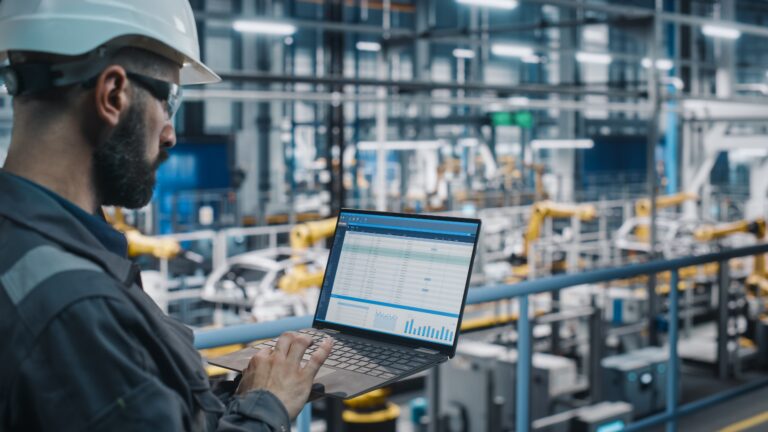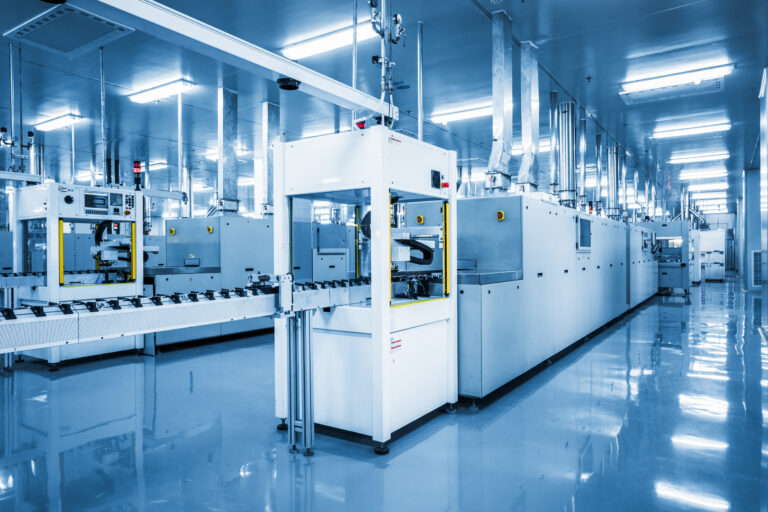
The manufacturing industry in Brazil has been losing its share in the Gross Domestic Product (GDP). According to the Institute for Industrial Development Studies (IEDI), this share, which was once over 25% in the 1980s, has fallen to just above 10% at the beginning of the current decade. The revival of the importance of this wide-ranging sector involves a series of measures, including those related to the economic and political structure of the country. However, there is also an essential component: digital transformation.
It is this area that I want to focus on now. It is, so to speak, “my area”, the field where I operate. At COGTIVE, a startup of which I am one of the founders and currently hold the position of CEO, we have developed software for the factory floor of manufacturing plants. We serve the pharmaceutical, cosmetics, clothing, food and beverage, chemical and plastic, electronics, and automotive segments.
The routine and experience accumulated from these activities allow me to state: digital transformation is no longer a “differentiator”. For businesses that deal with manufacturing, it is a matter of survival.
Some countries have only recently realized this. A survey by the Brazilian Industrial Development Agency (ABDI) three years ago indicated that in countries such as the United States, Germany, South Korea, and Israel, Industry 4.0, that is, with a high degree of technology in production processes, accounted for 15% of their respective industrial sectors, while in Brazil it reached only 2%. It is true that we have since had the Covid-19 pandemic, which has accelerated digitization in some sectors, but in the manufacturing industry, it is still a process that falls short of what is necessary.
So let me be straightforward: digital transformation becomes mandatory. And, of course, when we talk about digital transformation, we are not only referring to the digitization of processes, procedures, operations, and workflows. Neither the automation of machinery and equipment. We are talking about a stage at another level.
Digital transformation is about investing in solutions where robotics, artificial intelligence, and even the Internet of Things are present not as a luxury, status, or refinement, but out of necessity. Innovations in information and communication technologies become indispensable so that we can have more agile processes, with less waste, less subject to bottlenecks, interruptions, and delays. The solutions that startups and other IT ventures bring to the market are here to meet this need.
It is indeed true that these advances must be accessible to companies. This includes solutions that have operationalization and maintenance simplified to the maximum, within the complexity that involves them. In fact, for these two reasons – the indispensability of digital transformation, and that it is within reach of everyone – we work tirelessly to combine disruptive technologies with easy-to-use interfaces, helping our clients increase their efficiency.
After all, investment in more production lines, in more factories, only makes sense and brings returns to the company and society if accompanied by greater productivity and efficiency. In current times, and in the short and medium term future, digital transformation is the decisive step to enable the desired productivity and efficiency.
The message I am conveying here is valid for businesses of all sizes. In fact, it is another barrier that we must overcome: digital transformation is not just for large corporations. On the contrary. Precisely because they depend heavily on productivity and efficiency, smaller enterprises need to incorporate technological solutions that provide such gains.
In fact, these solutions may be being developed closer than you think. It is not necessary to resort to importing technology to boost the digital transformation of your business. Like many Brazilian startups, COGTIVE brings world-renowned solutions to the market. So much so that at the end of 2022, we set up in Chicago, United States, to serve local industries.
That is to say, Brazilian manufacturing can and should rely on the national technological ecosystem to boost its digital transformation.


